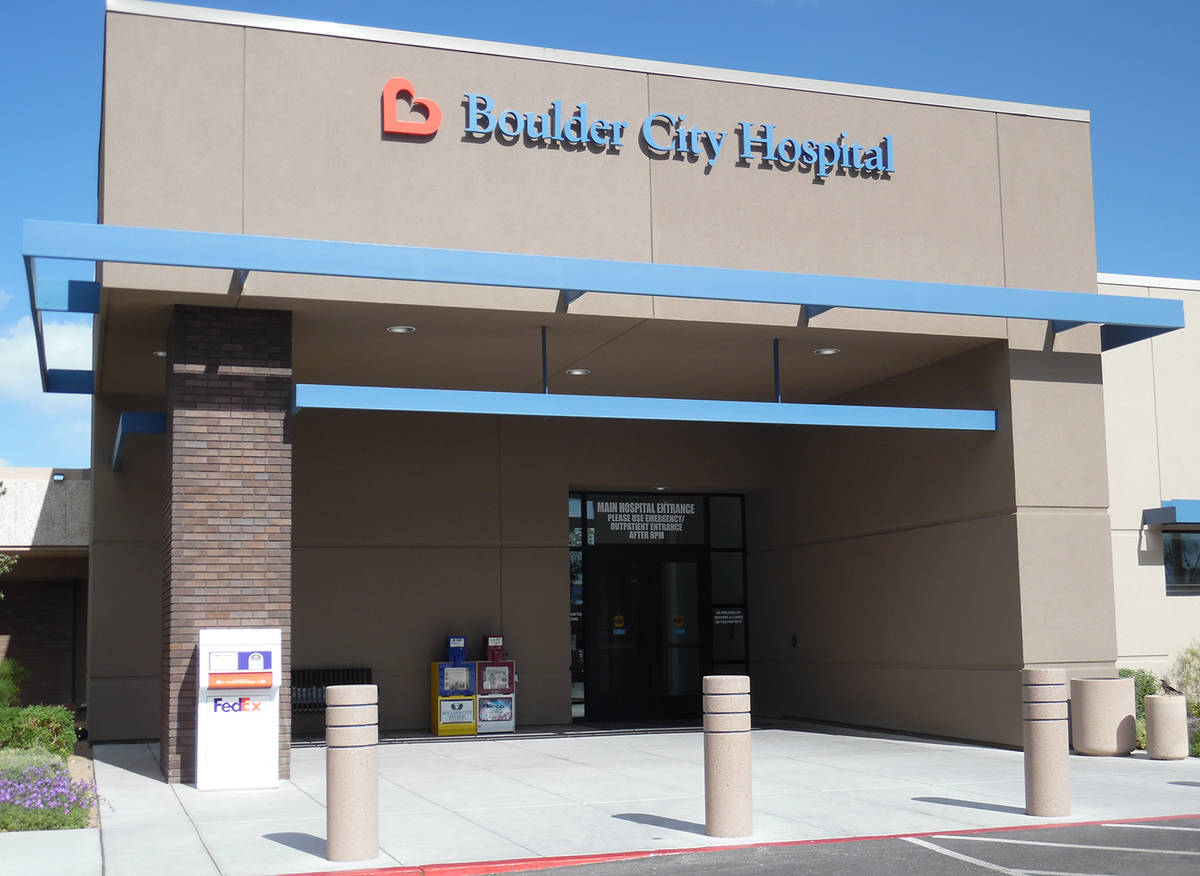Coronavirus outbreak can be stressful
The outbreak of coronavirus disease 2019 may be stressful for people. Fear and anxiety about a disease can be overwhelming and cause strong emotions. Coping with stress will make you, the people you care about and your community stronger.
Stress during an infectious disease outbreak can include fear and worry about your own health and the health of your loved ones; changes in sleep or eating patterns; difficulty sleeping or concentrating; worsening of chronic health problems; worsening of mental health conditions; and increased use of alcohol, tobacco or other drugs.
People who may respond more strongly to the stress of a crisis include older people and people with chronic diseases who are at higher risk for severe illness, children and teens, people who are helping with the response, and people who have mental health conditions, including problems with substance use.
There are many ways to cope with stress including taking breaks from news stories, including social media. Hearing about the pandemic repeatedly can be upsetting.
You also should take care of your body by taking deep breaths, stretching or meditating; trying to eat healthy, well-balanced meals; exercising regularly; getting plenty of sleep and avoiding alcohol and drugs.
Additionally, make time to unwind and try to do some other activities you enjoy. You should connect with others by talking with people you trust about your concerns and how you are feeling.
Call your health care provider if stress gets in the way of your daily activities for several days in a row. People with preexisting mental health conditions should continue with their treatment and be aware of new or worsening symptoms.
Children and teens react, in part, to what they see from the adults around them. When parents and caregivers deal with the COVID-19 calmly and confidently they can provide the best support for their children.
Not all children and teens respond to stress in the same way. Some common changes to watch for include excessive crying or irritation in younger children; returning to behaviors they have outgrown (for example, toileting accidents); excessive worry or sadness; unhealthy eating or sleeping habits; irritability and “acting out” behaviors in teens; difficulty with attention and concentration; avoidance of activities enjoyed in the past; unexplained headaches or body pain; or use of alcohol, tobacco or other drugs.
You can support your child by talking to them about the COVID-19 outbreak. Answer questions and share facts about COVID-19 in a way that your child or teen can understand. Be sure to reassure your child or teen that they are safe. Let them know it is OK if they feel upset. Share with them how you deal with your own stress so that they can learn how to cope from you.
Additionally, limit your family’s exposure to news coverage of the event, including social media. Children may misinterpret what they hear and can be frightened about something they do not understand.
Try to keep up with regular routines. If schools are closed, create a schedule for learning activities and relaxing or fun activities.
Also be a role model. Take breaks, get plenty of sleep, exercise and eat well. Connect with your friends and family members.
People at higher risk for severe illness, such as older adults, and people with underlying health conditions are also at increased risk of stress due to COVID-19. Mental health problems can present as physical complaints (such as headaches or stomachaches) or cognitive problems (such as having trouble concentrating).
Doctors may be more likely to miss mental health concerns among those with disabilities due to a focus on treating underlying health conditions and older adults because depression can be mistaken for a normal part of aging.
Among common reactions to COVID-19 are:
n Concern about protecting oneself from the virus because they are at higher risk of serious illness.
n Concern that regular medical care or community services may be disrupted due to closures or reductions in services.
n Feeling socially isolated.
n Guilt if loved ones help them with activities of daily living.
Helping keep your loved ones safe can help reduce the stress of the situation. You can do this by knowing what medications your loved one is taking and trying to help them have a four-week supply of prescription and over-the-counter medications on hand. Also monitor other medical supplies needed and create a back-up plan.
Stock up on nonperishable food to minimize trips to stores.
If your loved one is living in a care facility, monitor the situation. Ask about the health of the other residents frequently and know the protocol if there is an outbreak.
Be sure to take care of your own emotional health. Caring for a loved one can take an emotional toll. Stay home if you are sick.
It is helpful to check in with your loved ones often. Virtual communication can help you and your loved ones feel less lonely and isolated.
To Your Health is provided by the staff of Boulder City Hospital. For more information, call 702-293-4111, ext. 576, or visit bouldercityhospital.org.















